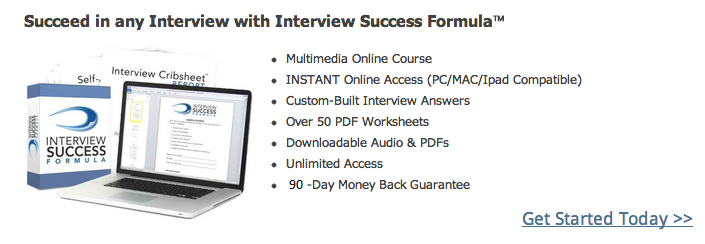 Coming to an interview, you did your homework and did all the necessary preparations a good job seeker would do for an interview. However, there is still something you can do to have a better chance of acing the interview. Specifically, you can learn some of the strategies interviewers use to evaluate applicants.
Coming to an interview, you did your homework and did all the necessary preparations a good job seeker would do for an interview. However, there is still something you can do to have a better chance of acing the interview. Specifically, you can learn some of the strategies interviewers use to evaluate applicants.
The one who welcomed you has a say – Oftentimes when you are nervous about an interview, you just want to have an outlet to release all of the tension building up inside of you. So, you might feel tempted to talk about this with the receptionist, especially when you’re alone in the lobby waiting for the interviewer. You end up divulging information that you would not want an interviewer to know. It is important to understand that your interview starts and ends at the parking lot. Anybody you come in contact with is a potential factor in whether or not you get hired for the job.
We’re buddies – This usually the most overlooked interviewer tactic of all, because it may just look like the interviewer is being friendly. They are being friendly because they want to use this against you when you let your guard down. Always remember that when talking to a superior, there is always proper etiquette to follow.
When can you start? – It may look like a good sign because the interviewer wants to know when you can start working for them, and so you are eager to answer with “as soon as possible.” Your eagerness may feel like something positive, but it is the complete opposite to the interviewer. It is standard practice to give a two-week notice to your current employer during the turnover, and if you show the interviewer that you can leave your current job without notice, then they may assume that you would do the same to them.
How do you see yourself in the next 5 years/10 years? – Although not really a strategy, it is something interviewers ask to learn what your priorities are. If you say that you see yourself running your own business, then they might not want you for their next hire because they want to have a long-term solution to their problem.
Why did you leave your last job? – There are countless reasons why an applicant left his or her last job. An employer wants to know if you were fired, laid off, or didn’t get along with your co-workers.
Silence – Generally, most people feel awkward when there is silence, especially in an interview. Most applicants try to fill the gap by talking, potentially hurting their candidacy by saying things that they would not otherwise have said.
What do you know about us so far? – A standard question for most, which is why it is so important to know everything about the company before going to an interview. It might sound like a cliché, but surprisingly enough, there are still a lot of people who go to an interview completely clueless about the company.
Follow up – When you promise to send in a sample of your work and forget because the interview went well, you are hurting your chances of getting hired. There are times when an interviewer wants to test how well you stay true to your word, and a good test is your ability to follow up.
Do you have any questions? – The questions an applicant asks say a lot about why he or she wants to work for the company. When all you do is ask about the benefits, vacation time, or salary, then you are clearly more interested in the compensation than in the job itself.
The interview process is complex. There are some factors that are out of the control of a job seeker, but this is not an excuse not to take advantage of factors than can be controlled. Take control by preparing for the interview.


